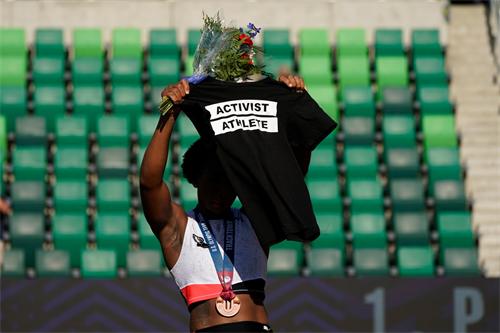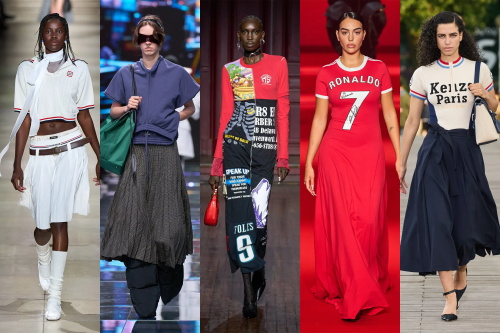Athletes as Activists: Should Sports Stars Stay Out of Politics?

One of the reasons why sports events are beloved by audiences around the world is that they transcend political and cultural boundaries, becoming a form of collective entertainment that unites, celebrates, and relaxes people. On the field, individuals from diverse backgrounds come together through the spirit of competition. This purity is precisely what makes sports so captivating.
However, athletes are not isolated individuals detached from society. They are not only stars on the field but also citizens who live in society, hold beliefs, and have voices. For this reason, some athletes choose to use their influence to speak up for the marginalized or to participate in social movements. At its core, such behavior reflects freedom of speech and a sense of social responsibility. Yet it also sparks ongoing debate about the boundary between sports and politics.
On one hand, some argue that athletes, as public figures, should be cautious when expressing political views—especially during sports events or related activities. These occasions are seen as spaces that should remain free from political disputes in order to preserve the neutrality of the event and the viewing experience of the audience. As football star Zlatan Ibrahimović once said in an interview: “I am good at football, so I became a football player; if I were good at politics, I’d go into politics.” He believes that athletes should focus on their professional domain and avoid excessive involvement in politics.
On the other hand, there are voices that advocate for athletes' right to use their platforms to speak out on social issues. Basketball star LeBron James once responded to Ibrahimović’s criticism by emphasizing his responsibility as part of the community: “I will never shut up about things that are wrong... I understand how powerful my voice is.” James' response reflects the stance of many athletes—they are unwilling to be confined to the sports arena and hope to be part of broader social change.
At the heart of this debate lies a crucial question: Should athletes bring social responsibility into the sports arena? There is no denying that athletes wield significant influence. Through charity work, educational initiatives, and attention to social issues, they can drive positive change. However, when it comes to sensitive political topics, statements made without adequate expertise or background can sometimes lead to misunderstanding or conflict, blurring the core essence of sports.
In today’s increasingly complex international landscape, the world of sports should strive to maintain its independence and fairness, serving as a platform for cultural exchange and the promotion of shared human values. The sense of social responsibility shown by athletes as public figures is commendable—but it is equally important to find an appropriate approach and balance, so that sports can retain its purity while also contributing meaningfully to societal progress.
RECOMMEND FO YOU



